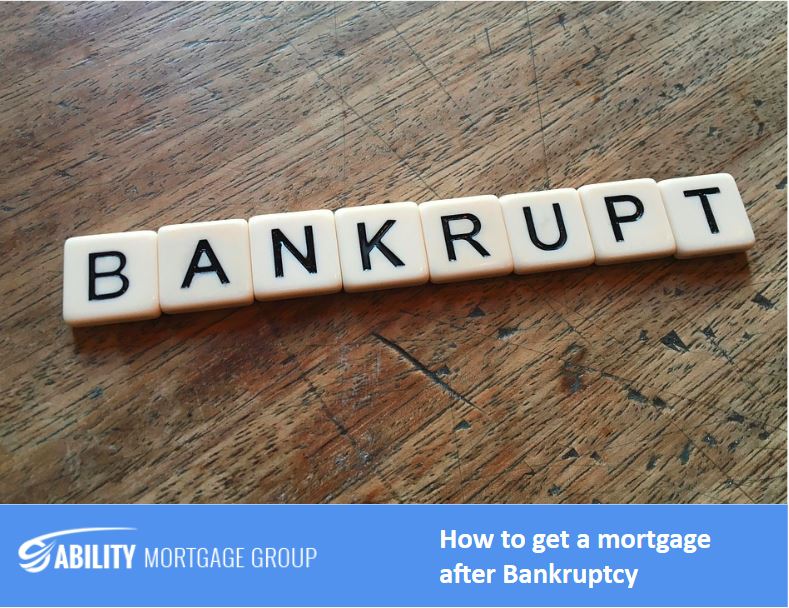Bankruptcy discharge
How long after bankruptcy can you start shopping for a new home? While the answer may vary from each applicant, the bankruptcy must be discharged to be considered for a loan request. A bankruptcy discharge is a court mandate that releases the debtor from any liability of debts and prohibits creditors from collecting them. While it doesn’t necessarily beckon the end of your case, lenders will want proof that you’ve been honorably discharged.
The work doesn’t stop there; you must be actively working on establishing your credit. While credit cards, auto loans, and debts are what typically come to mind regarding payments, rent, utilities, and cell phone plans can also impact your credit score. Applicants should have two credit items with a minimum combined credit amount of 2500$. Canada Mortgage and Housing Corp. will review your application as early as 18 months after your discharge, given that your credit is relatively in good standing.
Mortgage lenders for bankruptcies
Although some borrowers may become eligible for a mortgage as little as 12 months after a discharge, waiting longer is often a better move.
Filing for bankruptcy has a significant impact on a credit score that doesn’t have a quick solution. A mortgage rate can increase only one point to add thousands of dollars on your installment loans over the life of your 30-year mortgage. When you become eligible, you will most likely only have access to mortgage loans with a high-interest rate and stringent guidelines.
Rather than applying for new credit the minute your waiting period is over, work on establishing a new solid track record of responsible credit use. The good news is that the impact of bankruptcies lessens over time. Remove your bankruptcy from your credit report as soon as you become eligible, so you can appreciate the benefits of a better credit score. While the credit options at your disposal are limited, consider using secured credit cards and installment loans to rebuild your credit.
Stagger your credit requests to limit hard inquiries to your credit report and ensure your loan to value ratio and debt to service ratio remain minimal.
Does a Bankruptcy affect Mortgage Approval?
When you try to get a new mortgage after bankruptcy, there are several different types of loans with unique requirements. The shorter the cooling-off period, the higher the interest rates. Lenders take into account the financial footing and risk of every applicant to concretize mortgage loan approvals.
Consider taking time to save up for a 20% down payment to avoid mortgage insurance, higher interest rates, and upfront refusals. Showing that you are less of a financial risk to prime lenders means your mortgage payment is shorter, or perhaps your costs are lower. You’ll be in a better position to qualify for a loan and manage mortgage payments when the time comes.
Taking out a mortgage is a substantial financial undertaking. If you’d like to get approved for a mortgage shortly after bankruptcy, take some time to rebuild your credit and stabilize your finances. Homeownership should be well researched and planned rather than an impulse decision. Once you’re confident that you can comfortably afford mortgage payments, taxes, and a reliable income, you can begin your journey to homeownership.
Find out More Information about Second home mortgages with the Ability Mortgage Group in Maryland at 410-827-5111




